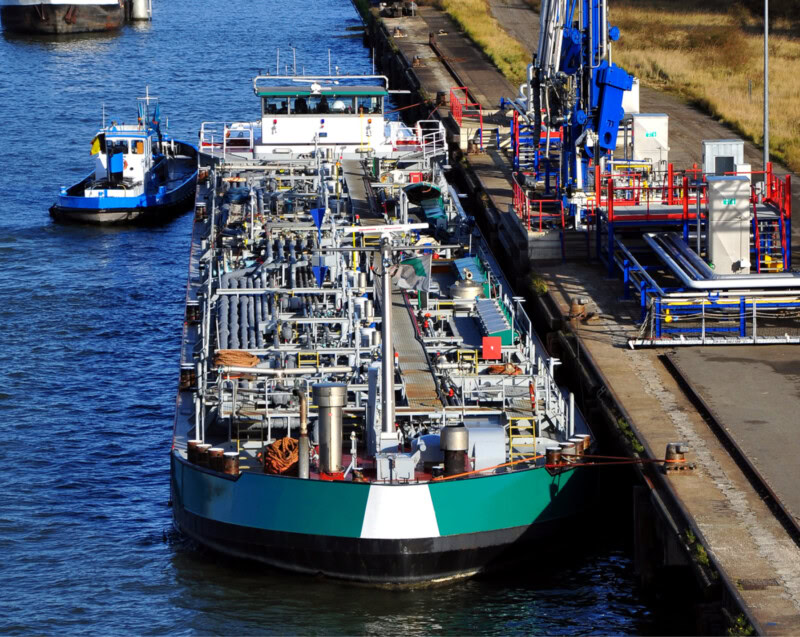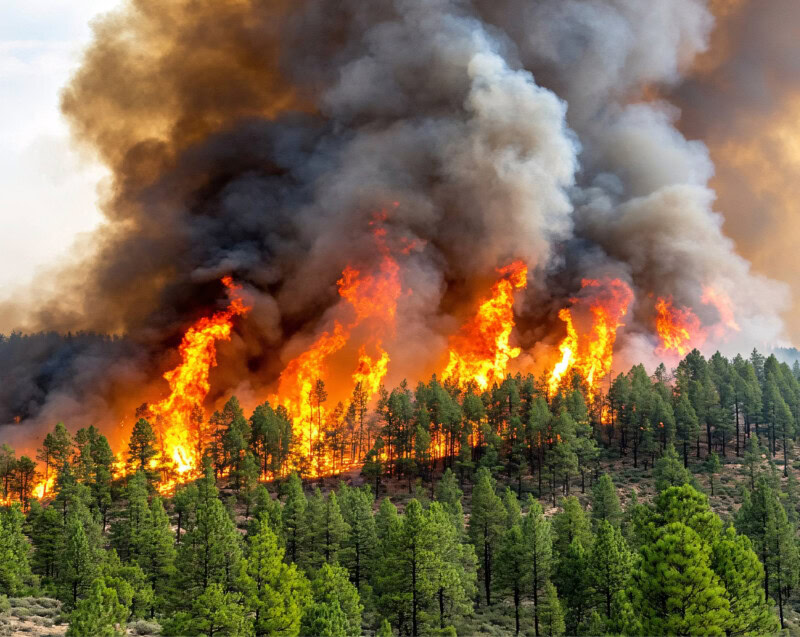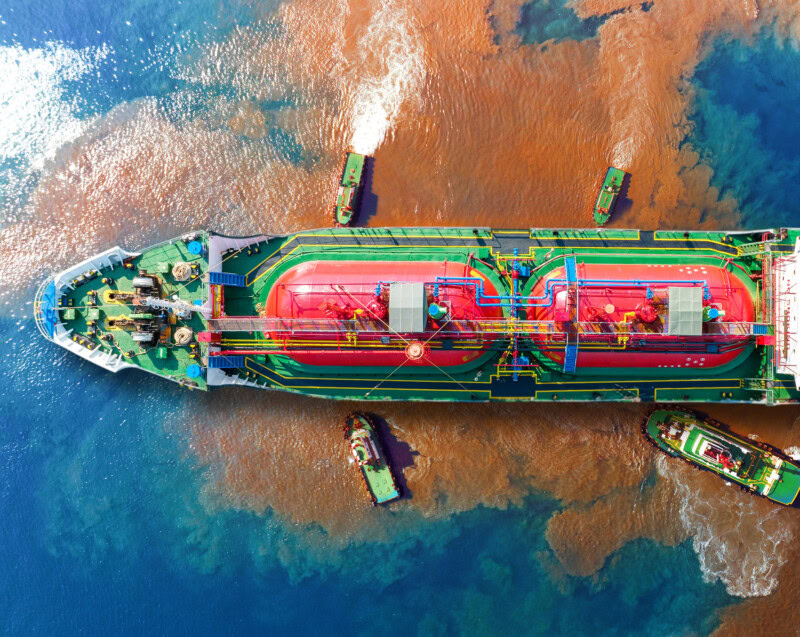Each year, the U.S. Coast Guard requires many maritime organizations to undergo monitoring for the presence of benzene. In today’s blog post, we discuss the importance of benzene monitoring plans. Adrianne Watkins, CIH, CSP, is a project manager for the CTEH industrial hygiene team and has experience in dealing with benzene exposure.
Q: What is benzene, and why is it important to monitor for it?
Adrianne: Benzene is a colorless, sweet-smelling chemical which can come from natural gas, crude oil, and coal. It can be used as an element of industrial chemicals or as a solvent in the chemical and pharmaceutical industries. It’s used to make things like rubber, dyes, drugs, explosives, and pesticides. You can also find it in places like volcanoes, cigarette smoke, or even from forest fire smoke. It’s a carcinogen which carries potential long-term health effects from exposure. It can cause effects to bone marrow, and can attack blood cells, leading to anemia, and it’s regulated by the U.S. Occupational Safety and Health Administration (OSHA). In the maritime industry, the U.S. Coast Guard requires a yearly inspection to check if barge cargo contains more than a certain percentage of benzene. If it exceeds the percentage, the organization could be cited. Benzene monitoring can help make sure those percentages stay below the limits.
Q: What goes into a benzene monitoring plan?
A: On the industrial hygiene side, we look at the products being used at the front end of the process. If benzene is going in, we can identify high-risk areas within the process to find worker exposure. We could identify workers required to perform tasks in those areas and put monitors on those workers to help make sure they’re not being exposed above the relative occupational exposure levels. In barge monitoring, the barges themselves are carrying benzene, and exposure can come from open hatches or when workers are transferring product onto and off the barges from the shore. In this case, we monitor the places where the benzene could enter the atmosphere.
Q: What sets CTEH apart in providing these services?
A: CTEH’s response time, as well as the sheer number of individuals with high experience levels in assessing hazards and putting controls in place. The way we execute what we provide for the clients is honestly above anything I’ve seen with other consulting firms.
Do you need help with benzene monitoring? Find out more about our maritime services here.




